5 benefits of conversational AI for hotels and resorts
- Enhanced personalization
- Faster response times and reduced staff workload
- Cost savings and operational efficiency
- Higher guest satisfaction and improved loyalty
- Broader customer base
After a long day of travel and a stressful flight to your vacation destination,all you probably want to do is check in to your hotel, enjoy a hot shower, and slip between those crisp, white sheets. That is, after you wait through the long line at the front desk. But when you arrive in the hotel lobby, you’re pleasantly surprised to discover a self-serve kiosk, allowing you to quickly check in and get your room key.
Once inside your room, the experience gets even better. Upon entering, you use voice commands to turn on the lights and again to turn on the shower. Afterward, you call the front desk and ask a digital concierge to make a reservation at a local restaurant for breakfast the next day.
This is the life!
The scenario above isn’t just a fantasy — it’s a reality at some hotels. The use of conversational AI in hospitality is completely transforming the guest experience, increasing satisfaction for guests while reducing costs and workload for staff. Conversational AI tools — you know, things like chatbots, virtual assistants, and voice assistants — enable hospitality businesses to have conversations with guests in large numbers, handling everything from checking in and answering questions to booking reservations and controlling room functions.
But how exactly are AI-powered guest services transforming the industry? And what advantages do AI tools offer, and how can you implement them effectively? We’ll show you — and we’ll introduce you to a conversational AI tool you can use in your hospitality business to impress customers: Jotform AI Agents.
How conversational AI transforms guest experiences
Standing in line for 30 minutes before being able to check in at the front desk is a thing of the past. Today’s customers expect fast service that is highly personalized for their individual needs.
“Conversational AI transforms the guest experience by offering instant, 24-7 support that feels tailored and attentive,” says Max Shak, founder and CEO of Zapiy.com, an AI-powered growth platform.
“For example, a hotel client we worked with integrated a conversational AI chatbot into their booking and concierge system. Guests could ask about amenities, request room service, or even book spa appointments through natural, human-like interactions — all without waiting in line at the front desk or being put on hold.”
Using artificial intelligence in key guest interactions builds customer loyalty while never wasting the staff’s time. “The speed and convenience of that system not only improved customer satisfaction but also freed up staff to focus on more high-touch interactions,” says Shak.
Some specific ways that conversational AI applies to hospitality include:
- Automated check-ins and check-outs: Using hotel chatbot solutions, guests can check in and out with ease on their own timeline.
- AI-powered concierge services: Room service requests, local recommendations for attractions, and restaurant bookings can all be taken care of with an automated concierge service.
- Voice-enabled room controls: Voice AI for hotels lets guests control amenities in their room, such as lights, electronics, and showers.
- Website chatbot support: Potential guests can ask questions and make reservations online 24-7, without having to wait to speak with a live agent.
Benefits of conversational AI for hotels and resorts
Why implement conversational AI hospitality solutions? “The benefits are significant,” says Shak. Conversational AI not only enhances the guest experience, but also lets employees and business owners feel the positive impacts of this technology.
- Enhanced personalization: AI tools offer highly relevant interactions based on past experiences. Think about a guest who uses voice controls to turn their room temperature to 75 degrees; next time, the AI will remember that temperature for them. Similarly, if a guest asks a digital concierge about local attractions, the concierge can use conversational AI to make suggestions based on information it knows about the guest, such as the ages of their children or the number of people in their party.
- Faster response times and reduced staff workload: Smart hotel technology reduces a staff’s busywork while providing almost instant service to customers. From answering FAQs to scheduling appointments to turning on TVs, conversational AI hospitality tools speed up processes without overwhelming the human workers.
- Cost savings and operational efficiency: The beauty of AI is that it boosts the scale you can operate at. Instead of having one conversation at a time, your team can have infinite conversations with customers all at once. “Hotels and resorts that use conversational AI can reduce overhead by automating repetitive inquiries, like check-in details, Wi-Fi passwords, or restaurant hours,” says Shak. “This doesn’t just cut costs — it improves consistency and responsiveness.”
- Higher guest satisfaction and improved loyalty: Would you return to a hotel or resort that used conversational AI? If you enjoyed fast service and highly personalized interactions, you likely would. Some 71 percent of customers expect personalization in their customer service, and 76 percent are frustrated when they don’t get it.
- Broader customer base: Because hospitality is a global industry, language barriers can be an issue. Conversational AI “enables multilingual support, which is critical for international guests, and creates a seamless experience across different time zones and languages,” says Shak. Hotels and resorts can easily serve international customers in their native languages without having to hire multilingual staff members.
Overcoming challenges in AI implementation
For an obstacle-free hospitality customer experience with conversational AI, you need to consider the challenges it could pose. This will help you proactively implement solutions.
Keep these potential issues in mind:
- Privacy and security concerns: Some guests (or staff) may have concerns about their personal information being used within AI-powered guest services solutions. You need to use technology that meets local, industry, and regulatory guidelines, such as GDPR (General Data Protection Regulation) and CCPA (California Consumer Privacy Act). Develop transparent AI policies that inform all users they’re interacting with AI and tell them how their data is being used.
- Resistance from staff: Employees may feel threatened by the new technology and fear losing their jobs. Show them how AI helps provide excellent customer service. Also, clarify their role in working alongside AI. “There’s also the challenge of tone and nuance — ensuring the AI sounds helpful and empathetic rather than robotic, especially when dealing with sensitive guest issues,” says Shak. AI can handle some hospitality tasks, but humans will be necessary for dealing with more complex, heated issues.
- Integration with existing hotel management systems: “One of the biggest hurdles is integration,” says Shak. “Many hospitality businesses still use legacy systems, and getting conversational AI to sync with reservation software, CRM platforms, and property management tools can require custom solutions.” Choose flexible AI solutions with several integration and API options so you can ensure data flows seamlessly.
Jotform AI Agents: A game-changer for hospitality
There are many conversational AI tools for the hospitality industry on the market, but one that stands out for its versatility is Jotform AI Agents.
Jotform AI Agents is a conversational AI tool the hospitality industry uses to provide an exceptional customer experience. This no-code AI solution is easy to implement, with an easy-to-use layout that anyone can use, regardless of how good they are with technology.
Here are just some of the reasons hotels and resorts are choosing Jotform AI Agents:
- Versatile AI agent functionality: Jotform AI Agents are conversational AI tools that answer customer questions, schedule appointments and reservations, help customers fill out booking forms, and so much more. Jotform comes with over 7,000 AI agent templates, such as hotel booking AI agents and travel AI agents, so you don’t have to create an AI agent from scratch.
- Easy AI customization and training: Whether you build your own AI agent or use one of our hospitality templates, you can customize the agent based on your needs. Choose the agent avatar, select brand-specific colors, and train the AI using your documents, websites, and manuals.
- Multi-channel approach: Your customers are on multiple channels, and Jotform AI Agents is too. From your website to the phone to WhatsApp to kiosks, implement Jotform AI Agents wherever is most convenient for your customers and staff.
- Workflow automations: Do more with your AI agent by taking advantage of automations. From scheduling reservations to sending email reminders to guests, you can create automated workflows based on custom triggers.
- Human escalation option: While AI agents can handle many administrative tasks, the human touch makes a difference in the hospitality industry. Human agents can jump into conversations when necessary from the mobile app.
- Competitive pricing: Jotform AI Agents has a free plan that includes five AI agents, as well as three paid plans starting at $34 per month. Jotform also offers a custom enterprise-level plan. Explore Jotform AI Agents in the free plan with no financial commitment to see if it’s right for your needs.
If you’re looking to streamline hotel and resort operations while enhancing the guest experience, give Jotform AI Agents a try today.
The future of conversational AI in hospitality
Conversational AI in hospitality is just getting started, which means there are a lot of changes to come. From multilingual voice AI support for international guests to predictive AI for demand forecasting and inventory management, this technology will continue to enhance the hospitality industry in many ways.
“Looking ahead, I believe the future of conversational AI in hospitality is deeply personalized and voice-enabled,” says Shak. “Imagine walking into your hotel room and the AI assistant already knows your preferred room temperature, dinner reservation time, and pillow type — all based on past visits.” This AI-driven hyper-personalization will change the game for guests, building brand loyalty.
The time to get into conversational AI for the hospitality industry is now so you don’t fall behind your competitors. And if you’re afraid conversational AI will take away the human touch from customer service, keep Shak’s final insight in mind: “Ultimately, conversational AI won’t replace hospitality — it will enhance it, allowing staff to focus on what matters most: delivering memorable, human-centered service.”
This article is aimed at hotel owners, managers, and hospitality professionals looking to elevate guest experiences and streamline operations through the use of conversational AI tools.
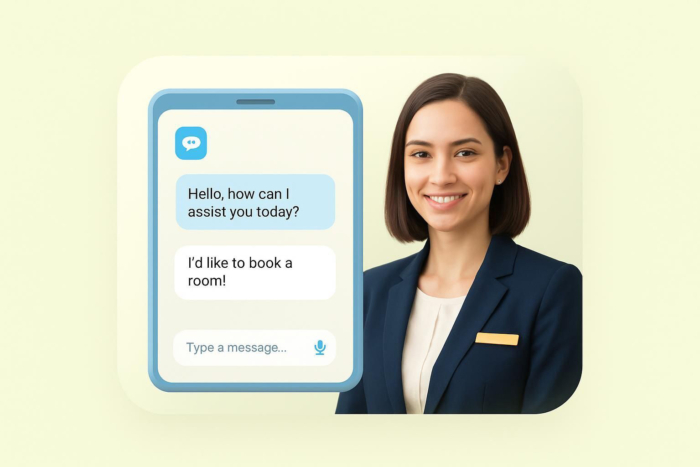

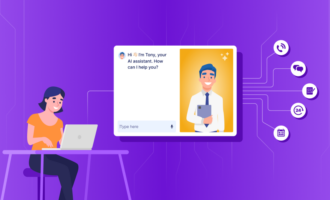
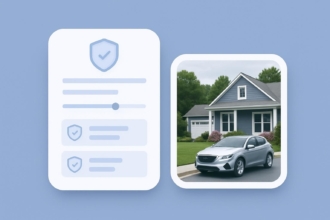


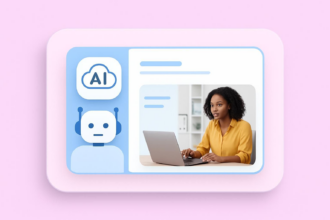
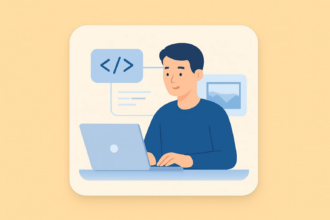










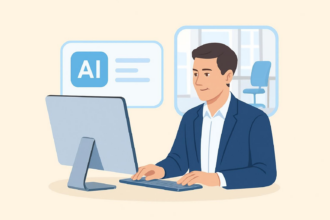
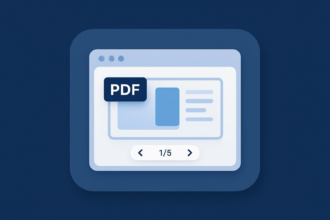












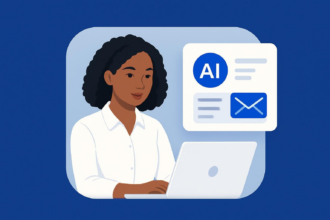

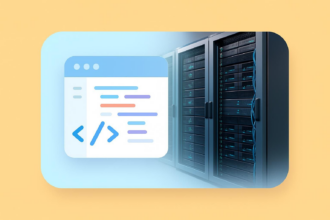

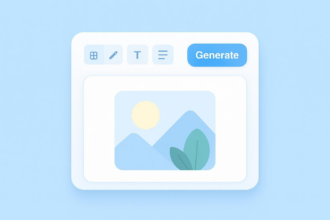



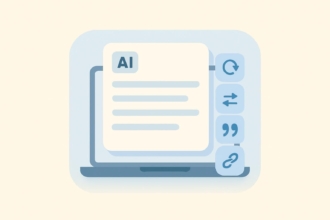

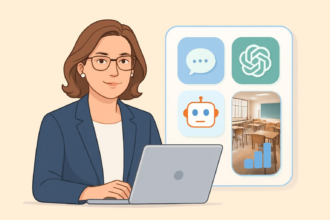


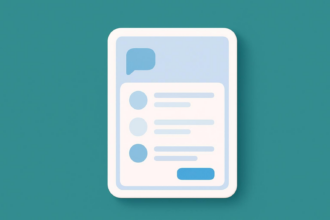



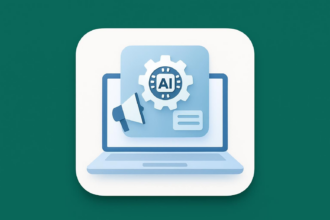


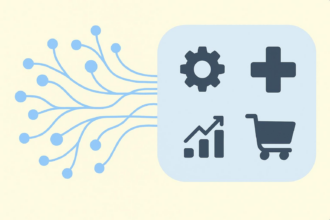
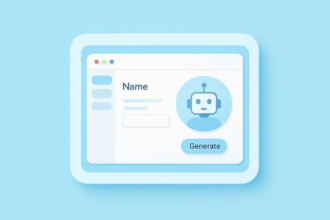
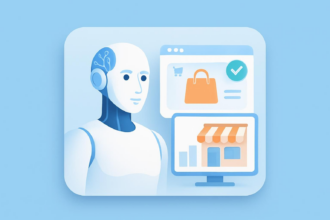
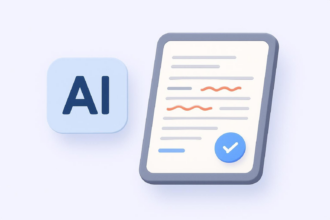





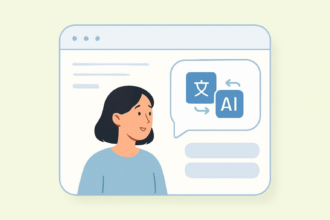
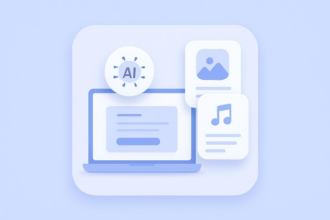
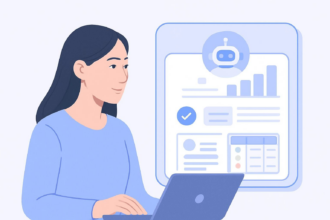
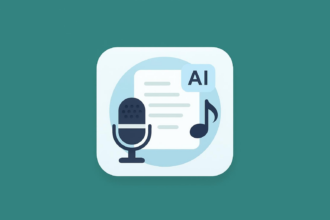


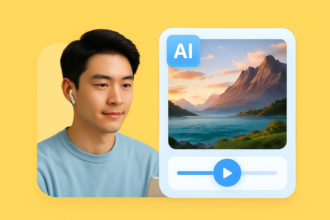


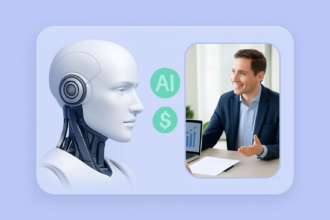

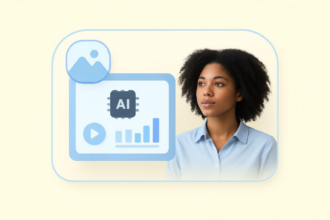
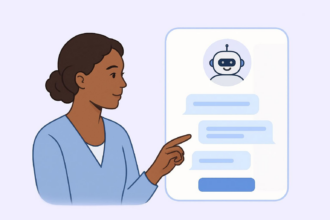
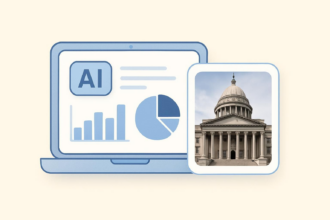



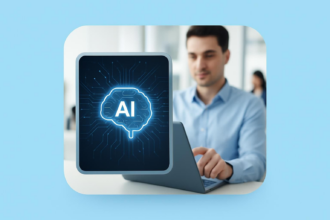




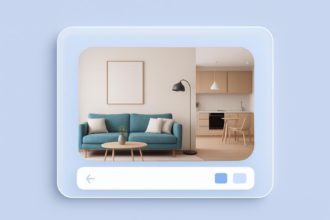


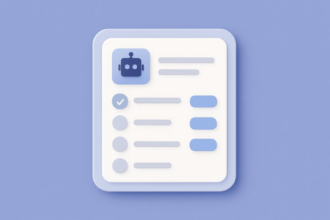
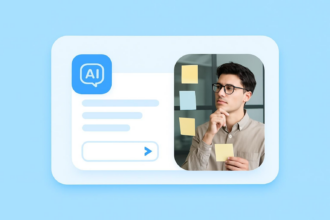





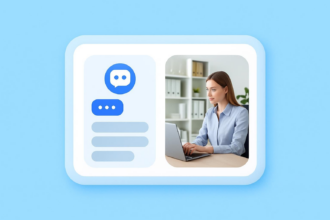
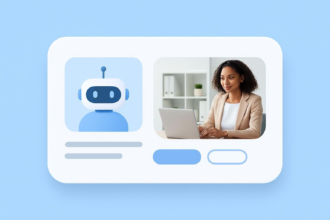



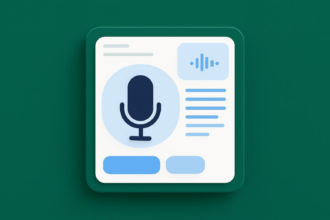


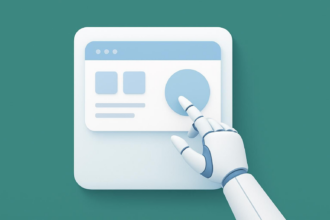
Send Comment: